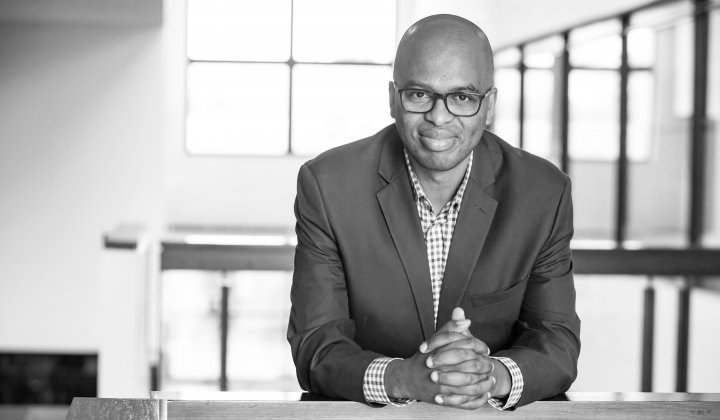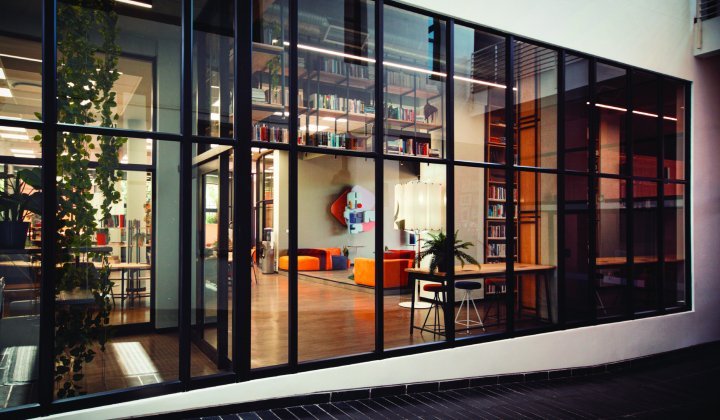Retail does not often talk about the true impact of climate change on its bottom line, its business model and its value chain. It should.
Retail executives have yet to fully leverage the one true golden wand at hand to counter the biggest existential challenge facing the sector. Generally, when it comes to unpacking the big trends impacting the retail landscape, the focus turns to digital channels and automation; pricing sensitivity in light of economic uncertainties and the rising cost of living; enhanced customer experiences; better client engagement; and making use of social and mobile commerce to boost sales. While each is valid, there is an elephant in the room which retailers and industry experts seem reluctant to talk about: the impact of climate change.
It’s time to fundamentally transform the retail business model.
Encouragingly, listed companies in South Africa do appear to be aware of the importance of sustainability on their businesses – with the likes of Astral Foods, RCL Foods, Tiger Brands, Massmart Holdings, Famous Brands and Pepkor all providing a sustainability update as part of their integrated annual reports, according to an analysis by GIBS.
This is a critical step in a world where long-term global temperature increases and changes in weather patterns will affect retailers both large and small, across developed and emerging markets, and those housed in the digital world or still in bricks and mortar.
However, as the analysis of JSE-listed retailers shows, how companies are engaging with climate change differs greatly. Based on our research, in several cases the climate report was outdated – dating back to 2021. This raises legitimate questions about the authenticity of the sustainability practices in place and whether lip service is being paid to these important issues. For other local retailers, measuring emissions is a major focus area, while others are actively setting targets.
No matter which approach used, each of these retailers will find themselves affected in some way or another by climate disruption in the future.
In an illuminating opinion piece in Business Day in 2021, Sanjeev Raghubir, group sustainability manager at Shoprite Holdings, noted that “adverse weather conditions threatened manufacturing facilities and logistics networks, presenting challenges to the quality, price and availability of goods”. He added, “Flooding and intense storms will place stress on retailing infrastructure and logistics, resulting in increased operational and insurance costs.”
Given these impacts it is hardly surprising that a 2022 IBM report noted the percentage of CEOs concerned about supply chain challenges, such as logistical availability and demand volatility, had risen by 36%. Here at home – egged on by the ongoing impact of loadshedding – we've seen big retailers forced to temporarily close flagship stores due to disruptions to cold chains along the supply chain process. AgriSA noted this in a BusinessTech article, in which the agricultural federation observed that some retailers are even rejecting fresh produce such as vegetables because of delivery delays.
Not a new phenomenon
The pressure on supply chains as a result of climate change was already being singled out by Paul Dillinger, head of global product innovation at US clothing company Levi Strauss & Co, in 2019. In discussion with Retail Dive, Dillinger said, “Anyone with a supply chain is going to be affected by climate change.” Not only supply chain, but procurement, supplier development, and the associated fallout in terms of increased operational and reputational risk.
As Michael Corbo, former chief supply chain officer at Colgate Palmolive in the US, told the 2022 IBM Own Your Transformation report: “I believe CEOs and boards got us into this situation by looking at the supply chain as a way to cut costs. We did that very well for 20 years. But then we had a major tremor – and now they understand. Supply chain can’t just be a cost centre. It’s got to be an enabler of growth.”
That requires a fundamental shift in the way we view business operations.
One non-profit which focuses on helping companies develop sustainable business strategies is the BSR global consultancy. In a 2018 report BSR noted that climate change impacts supported “a clear business case for companies to reduce these risks and strengthen supply chain performance by building the resilience of operations and communities along supply chains.”
The consultancy suggested companies take the following, and immediate, steps:
- Examine the entire supply chain ecosystem and break it down into areas that are most at risk and in need of prioritisation.
- Implement “supply chain actions” and measurable targets in conjunction with internal teams, suppliers and through community engagement . These actions might include putting energy-management systems in place, supporting the development of sustainable farming training, investing in research and development of more robust crops, and setting targets for reducing greenhouse gas emissions.
- Constant evaluation of the ecosystem, coupled with adjusting plans and targets regularly.
Rethinking the retail business model
Harnessing the power of innovative business models should also be seen as an important response by both retailers and businesses of all shapes and sizes. Strategic imperatives such as reducing a company’s carbon footprint through decarbonisation of the supply chain makes reputational, risk and financial sense. In a global economy in which 63% of Americans alone “want businesses to take the lead on driving social and environmental change in the absence of government regulation”, according to Retail Dive, business models must also reflect consumer demands for sustainable choices.
In an excellent blog by the BMI Lab, the argument put forward for business model evolution was to combine the “traditional elements of a business model – who, what, how and value – with the concept of the triple bottom line – people, planet and profit”. In short, retailers can no longer bank on traditional business models to “meet current market demands in a constantly changing environment”, was the conclusion reached by Bilińska-Reformat et al in an Emerald Insight journal article.
However, the BMI Lab takes the argument beyond just reducing an organisation’s footprint, to strengthening its organisational handprint. The latter speaks to developing a more reflective and collaborative approach to ideation and initiation, to seeking out new ways of addressing customer needs and rethinking traditional partnerships and value chains. Social sustainability handprints are – according to Roope Husgafvel from Aalto University in Finland – built on the back of “positive changes, actions, innovations, and impacts”, support by visionary leaders, effective management and a recognition that organisations have a role to play in society.
For those still preoccupied by the bottom line, for whom sustainability remains a distant and nebulous goal, it is noteworthy that research into the effectiveness of developing sustainable strategies and business models is growing. BSR’s own research into 99 companies points to a saving of $14 billion that can be directly attributed to instituting climate-related improvements and reducing emissions.
Retailers that fail to invigorate their business models and apply fresh strategic thinking will surely find that old ways won’t survive the onslaught of climate disruption.
Pull quotes:
Weather patterns will affect retailers both large and small
Supply chain can’t just be a cost centre



